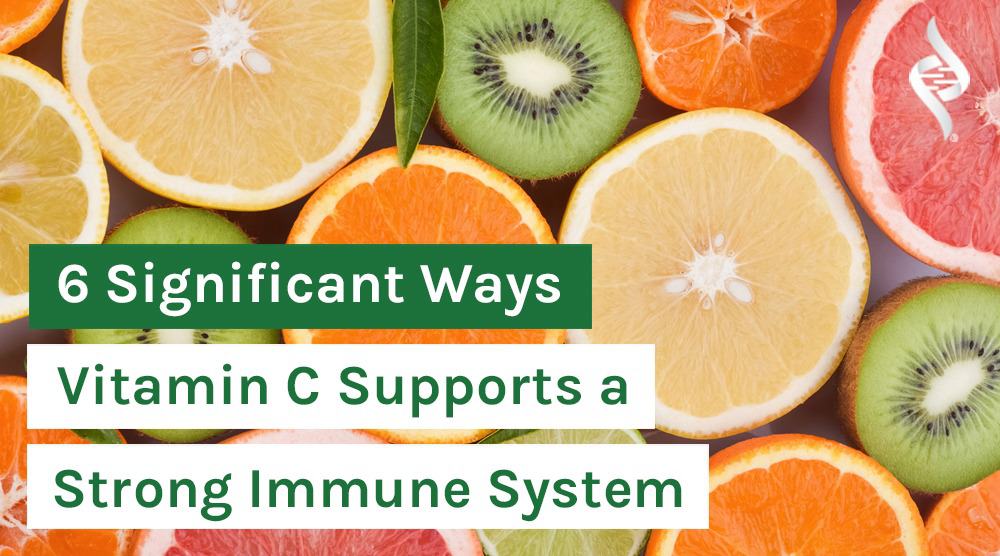Tips for Increasing Vitamin C Intake to Increase Immune System Resilience

Why is Vitamin C Important?
Vitamin C helps to support the body's natural defense mechanisms by stimulating the production of white blood cells, which help to fight off infections and disease. It also helps to protect cells from damage caused by harmful molecules known as free radicals, which can contribute to the development of chronic diseases such as heart disease and cancer.
Sources of Vitamin C
The recommended daily intake of vitamin C is 75-90mg for adults, but this can vary depending on age, sex, and other factors. Some of the best sources of vitamin C include:
- Citrus fruits such as oranges, grapefruits, and lemons
- Kiwi fruit
- Berries such as strawberries, raspberries, and blackberries
- Mango
- Pineapple
- Papaya
- Guava
- Tomatoes
- Red and green peppers
- Broccoli
In addition to these food sources, vitamin C supplements are also available in the form of tablets, capsules, and powders.
Benefits of Increasing Vitamin C Intake
Increased vitamin C intake can have a number of benefits for overall health and well-being, including:
- Boosting immune system function
- Reducing the risk of chronic diseases such as heart disease and cancer
- Improving skin health and reducing the signs of aging
- Reducing the risk of eye diseases such as cataracts and macular degeneration
- Helping to regulate blood pressure
How to Increase Vitamin C Intake
Increasing your vitamin C intake is easy and can be done by making a few simple changes to your diet. Here are some tips to help you get more vitamin C:
- Add citrus fruits to your breakfast by squeezing lemon or lime juice over your food
- Snack on fresh fruits such as strawberries or kiwi throughout the day
- Add chopped peppers or tomatoes to your salads or sandwiches
- Steam or stir-fry broccoli as a side dish for dinner
- Choose vitamin C-fortified foods such as orange juice or breakfast cereal
Benefits of Vitamin C Supplements
If you are unable to get enough vitamin C from your diet alone, supplements can be a convenient way to ensure you are meeting your daily requirements. However, it is important to be cautious when taking supplements and to speak with a healthcare provider before starting a new supplement regimen.
FAQs
Q: Can you take too much vitamin C?
A: Yes, it is possible to take too much vitamin C, which can cause side effects such as stomach upset, diarrhea, and nausea. It is important to stick to the recommended daily intake or speak with a healthcare provider before taking high doses of vitamin C supplements.
Q: Can vitamin C prevent the common cold?
A: While vitamin C has been shown to help reduce the duration and severity of colds in some people, it is not a guaranteed cure or preventative measure.
Q: Is it safe to take vitamin C supplements while pregnant?
A: In most cases, taking vitamin C supplements during pregnancy is safe. However, it is important to speak with a healthcare provider before starting any new supplement regimen.
Q: Can vitamin C help with wound healing?
A: Yes, vitamin C plays an important role in collagen production, which is essential for wound healing and tissue repair.
Conclusion
Increasing your vitamin C intake is an easy and effective way to boost immune system function and protect against chronic diseases. By incorporating more vitamin C-rich foods into your diet and considering supplements when necessary, you can support your overall health and well-being.
